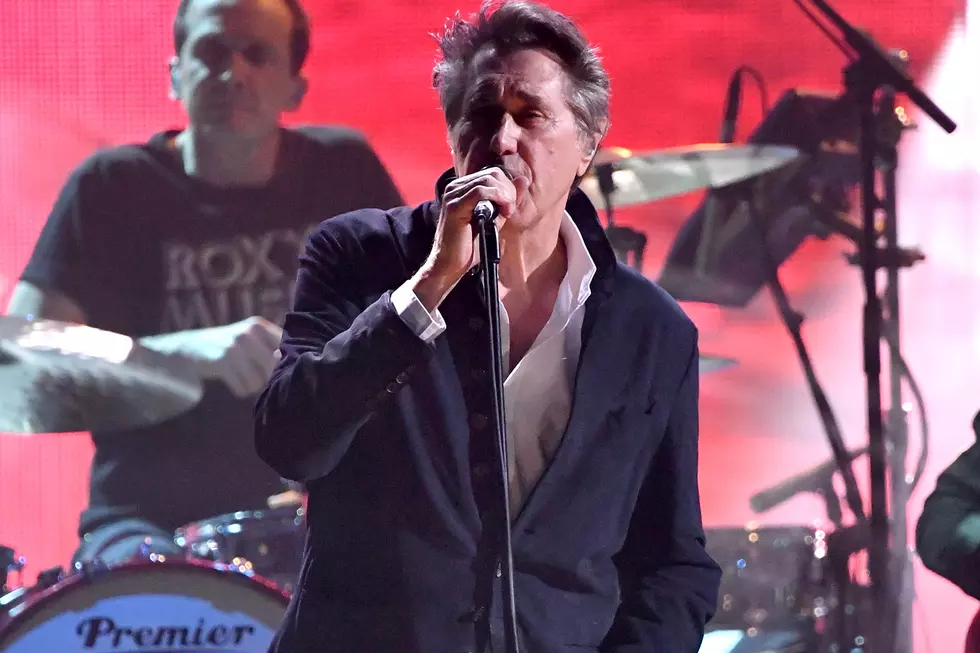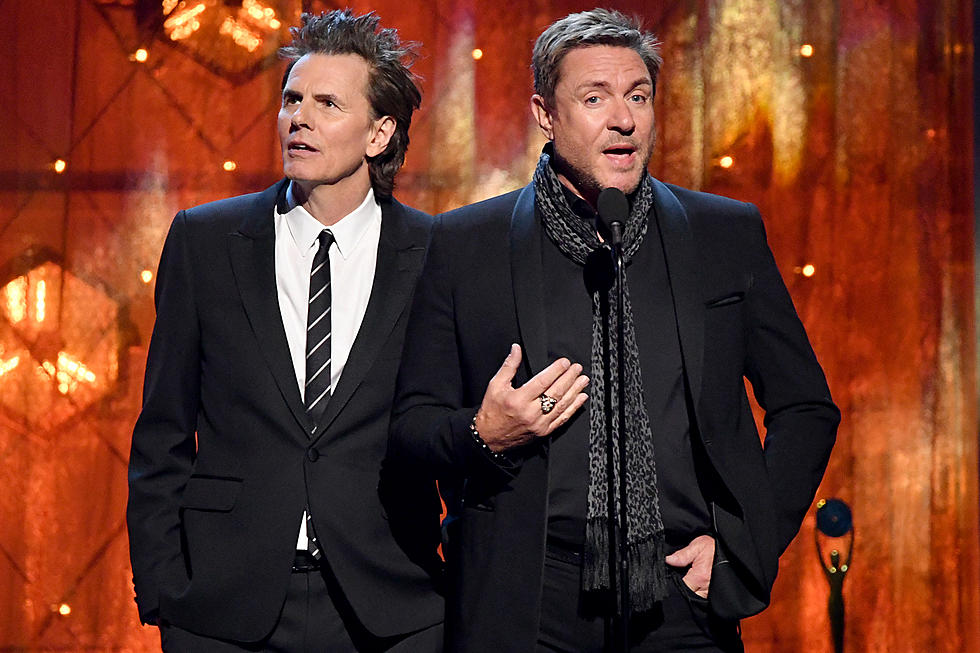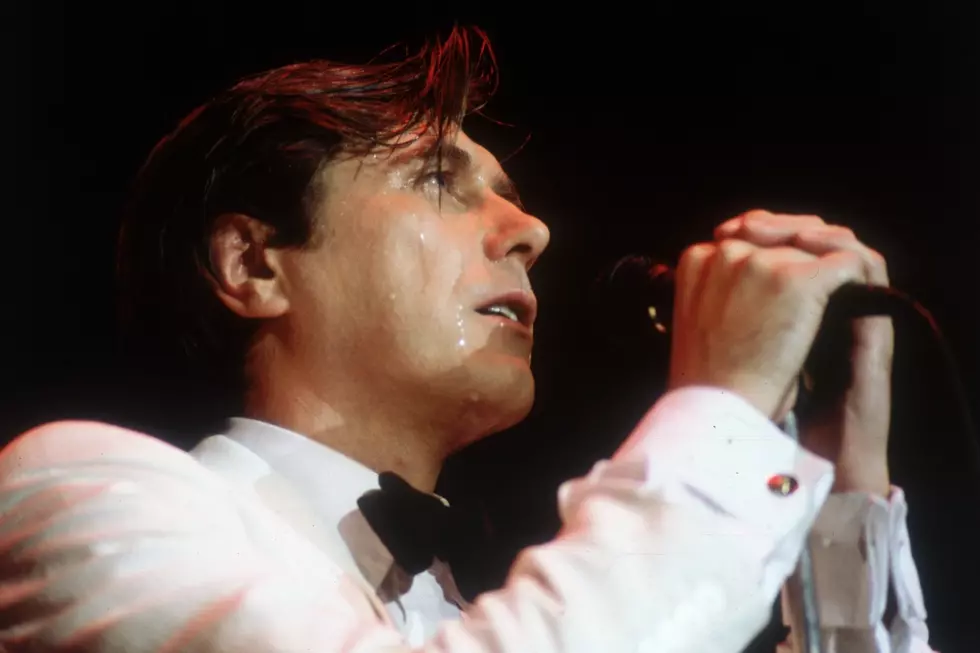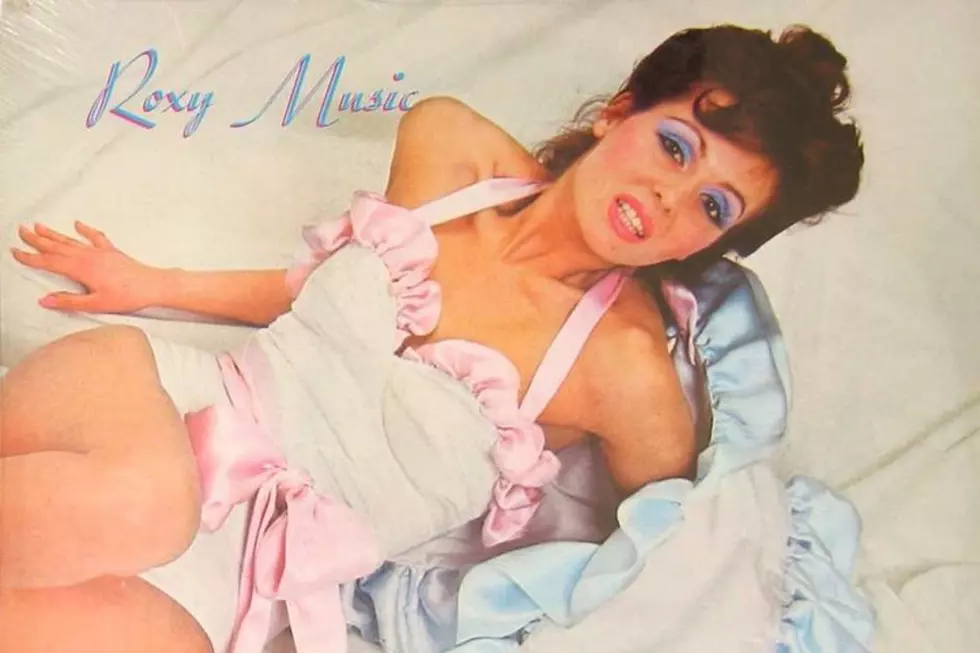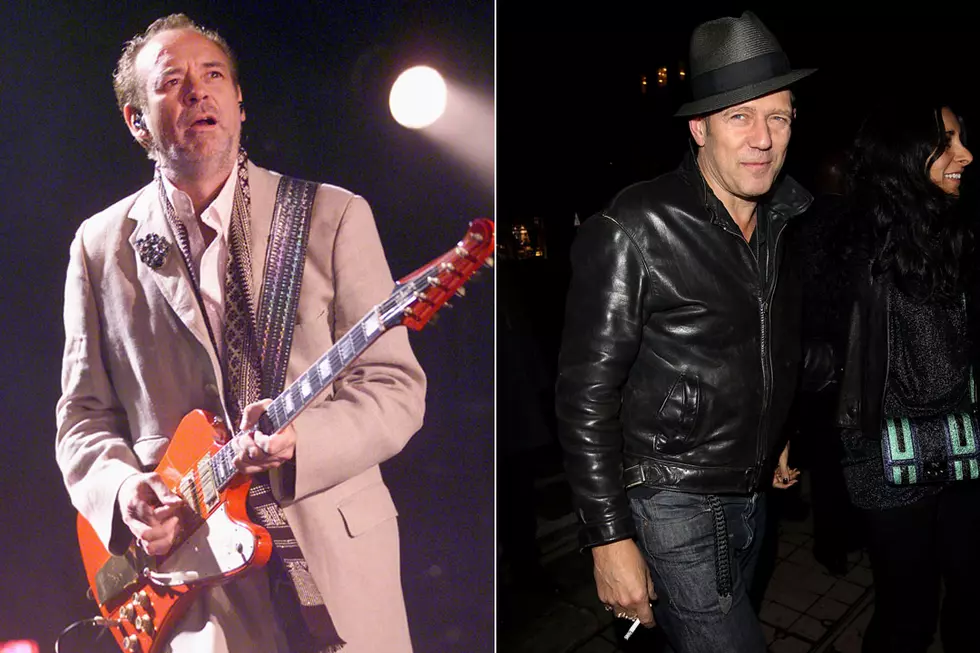40 Years Ago: Roxy Music Releases First Live Album, ‘Viva!’
Roxy Music needed a break. After releasing five albums in three-and-a-half years and touring incessantly, the British art-rockers decided a hiatus was in order. But they filled that gap with a live album, Viva!, which arrived in August 1976.
A few months prior, the band announced in the press, “We have all decided to go our separate ways, for the rest of the year at least, to have a rest from Roxy Music for a while.” But not before they convened for a while in the spring to mix a wealth of live tracks that had been recorded over the previous few years. Island Records saw opportunity in the exercise, and planned to cull Roxy’s first live album from the material.
Viva! served as a summation of Roxy’s rise to prominence. Surprisingly, perhaps, the live record didn’t do much to build on the band’s recent hits – from U.K. smashes “Street Life” and “All I Want Is You” to the American breakthrough “Love Is the Drug.” Instead, Viva! focused on Roxy’s earlier material. Six of the eight tracks were songs originally recorded in the sessions for the band’s first two LPs, when Brian Eno was still a member.
They chose the tracks from the performances made between 1973 and 1975, when keyboardist/violinist Eddie Jobson was a key member of Roxy. And Jobson shines on Viva!, finishing off “Out of the Blue” with a shrieking string solo. Then again, all members of Roxy Music get time in the spotlight on Viva! Guitarist Phil Manzanera provides a screaming climax for “In Every Dream Home a Heartache,” saxophonist Andy Mackay honks his heart out on “Pyjamarama” and everyone gets to stretch out on a 10-minute version of “If There Is Something.” Plus, no less than four of Roxy’s revolving bassists get a credit on the album (even Rick Wills, who isn’t heard on any of the studio recordings, but toured with the band in 1975-76).
Viva! was released to positive reviews on both sides of the Atlantic. Melody Maker’s Allan Jones praised the record’s sonic variety, while Rolling Stone’s Dave Marsh wrote that it emphasized members of the group who weren’t Bryan Ferry (he felt too much of the focus had been on the frontman). He singled out Paul Thompson’s drumming for grounding Roxy’s experiments. Commercially, the live record performed reasonably well, hitting No. 6 in the U.K. and No. 81 in the U.S. – outperforming Roxy’s first three releases in America.
As it turned out, fans would have to wait much more than a year for Roxy Music to end its hiatus. With Ferry focused on a fruitful solo career and other members working on their own projects, a Roxy reunion wouldn’t happen until late 1978, when the band would begin work on Manifesto.
25 Bands You Won't Believe Aren't in the Rock and Roll Hall of Fame Yet
More From Diffuser.fm
